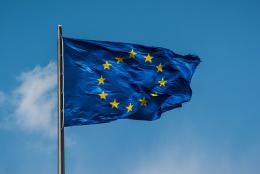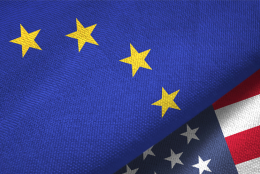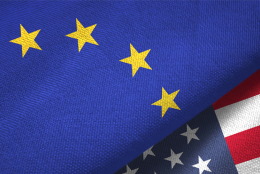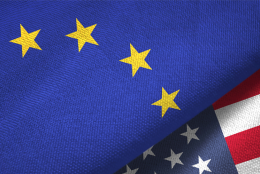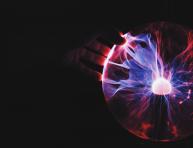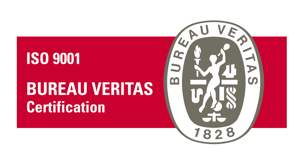記事

UK High Court Decision Recognizes Technical Contribution of Trained ANN and Diverges From EPO’s Approach
In a decision issued on November 21, 2023, the UK High Court overturned a previous ruling by the UK Patent Office, which had rejected a patent application (GB1904713.3), filed by Emotional Perception AI Ltd, for a trained Artificial Neural Network (ANN). The patent application centered around a system designed to provide media file recommendations based on human perception and emotions, employing a specifically trained ANN.
The initial rejection of the patent application was based on the claims allegedly relating to a computer program as such. However, the High Court decision delved into a detailed analysis of the ANN's components, concluding that while a computer program was involved in the training process, the invention extended beyond mere programming.
Promptly responding to this landmark decision, the UK Intellectual Property Office (UKIPO) updated its examination guidelines on November 23, 2023. The revised guidelines explicitly state that Patent Examiners should no longer object to inventions involving ANNs under the "program for a computer" exclusion.
On that matter, the approach of the European Patent Office slightly differs, since its guidelines do not contemplate an ANN as a computer program as such, but rather as being “per se of an abstract mathematical nature, irrespective of whether they can be “trained” based on training data” (Guidelines for Examination, G.II.3.3.1).
In any case, objections directed to an invention as allegedly being a computer program or a mathematical method as such, are easily overcome in Europe by specifying the use of technical means. The real hurdle, as established by case law, is that of the technical contribution of an ANN, since only features recognized as “technical” are considered in the assessment of inventive step.
Where the ruling of the UK High Court is remarkable, is that the judge, in a comprehensive analysis, also assessed the technical contribution of the trained ANN. His conclusion is that the trained ANN's ability to output a file after analysis and selection, based on specific criteria it has itself determined by training, indeed reflects a technical contribution. The intended use of the output file, whether it produces any emotional effect on the user, or even whether it is even going to be listened to by the end user, was considered irrelevant to the technical contribution.
This affirmation strongly diverges from the EPO’s current practice, according to which the technical contribution of an ANN may only be found if the ANN is applied to serve a technical purpose (e.g. encryption/decryption of data, providing medical diagnosis, etc.) or if it is adapted to a specific technical implementation of a computer system or network (Guidelines for Examination, G.II.3.3).
If the reasoning developed in the UK High Court decision is adopted by the Patent Office in appreciation of technicality of AI-related inventions, it could make UK patent application procedures simpler, more predictable, and significantly more attractive for applicants, potentially to the detriment of the European Patent Office.
The High Court decision’ thus brings about a potentially important divergence between patent examination practices related to AI-related inventions of two major European Offices, which could lead patent applicants towards more filings of national patent applications.
As technology continues to advance and the number of patent filings in the field of AI is soaring, this decision reveals an important and urgent need for a harmonized and consistent approach to evaluating the patentability of AI-related inventions.
It is hoped that the EPO will review its practice in a direction similar to the UK High Court's decision. Such alignment would not only harmonize the law across jurisdictions, but also provide more certainty to patent applicants, fostering innovation in the European market. Also, this convergence could help prevent forum shopping between the EPO and the UK Intellectual Property Office, which could otherwise be detrimental to the European Patent Office. A unified approach would contribute to a more predictable and supportive environment for innovators seeking patent protection in the evolving landscape of digital technologies.














